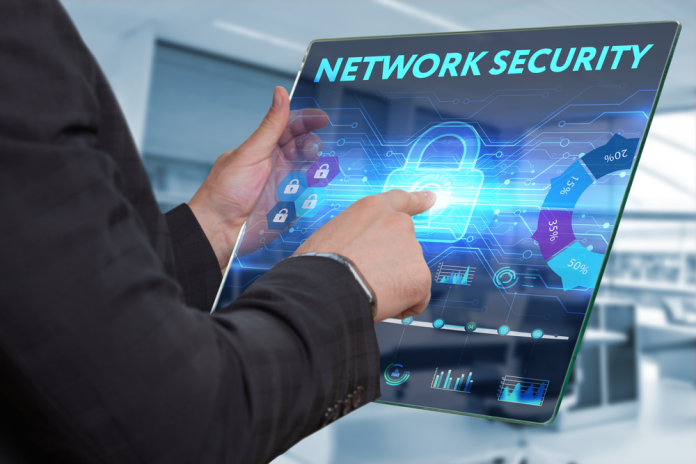In 2021, Colonial Pipeline reportedly paid hackers a whopping $4.4 million as a ransomware settlement. Ransomware, a malware designed to exhort money from businesses, is the fastest-growing menace on the internet. The reign of terror that this extortion attack unleashes can destroy businesses, and if yours is a small business, it may go bankrupt.
So how do you stop cybercriminals from installing ransomware and infecting your network? It is only by improving the network security of your business you can beat them and prevent having to pay ransomware settlements. Here are the five ways by which you can do that.
1. Awareness Sessions
Malicious attackers often target the weakest link of a company’s network: employees. They send phishing e-mails, and once an unsuspecting employee opens such an e-mail or clicks a link in the message, the ransomware gets installed. Soon it spreads to the company’s network, resulting in encryption of all your files and data.
You can prevent this from happening by making your employees more aware of cybercrime and ransomware. By informing your employees specifically about how the malware gets installed on a system and what they should not do. For example, tell them not to click on any malicious links or open attachments from a suspicious sender.
2. Apply Patches
Timely patching is an effective tool in the fight against ransomware. It involves repairing vulnerabilities and keeping the machines of a network updated. Hackers exploit the vulnerabilities in your system and then demand that you pay ransomware settlement; applying patches is a preventive measure to keep your system secure against such malicious attacks.
3. Two-Factor Authentication
Two-factor authentication also can stop hackers from installing ransomware in your system. This type of authentication option requires additional login credentials — for example, a security token — not just a username and password to access data. As two-factor authentication adds an extra layer of security, it prevents cyberattacks and data breaches.
4. Backup Your Data
You must backup data regularly to mitigate the risk of cybercrime. In most cases, if you can retrieve your data from the secondary storage, you do not have to pay ransomware settlements to get access to data stored in the original location. However, make sure that your backups are robust and comprehensive, and it is best to follow the 3-2-1 backup rule. It requires you to make three copies of data (one primary and two backup copies), store two copies on different types of storage media and keep one copy stored offline. You must also assess the vulnerability of backups frequently — and fix it if necessary — to prevent ransomware infection.
5. Invest in Network Security Solution
If you are running a small business, you may not have the resources to regularly monitor, fix vulnerabilities, update systems or organize awareness sessions. By investing in a well-designed network security solution, you can protect your system against malicious attacks. It secures your network entry points.
Adopt Preventive Measures
Law enforcement agencies ask you not to pay ransomware settlements, but some businesses end up paying to protect their brand reputation and customer data. By adopting preventive measures, you can improve network security and thwart malicious attacks.
Other Technical Reviews:- Reviews












